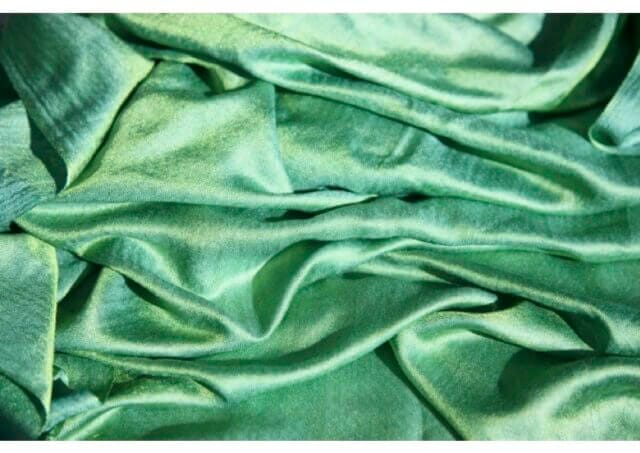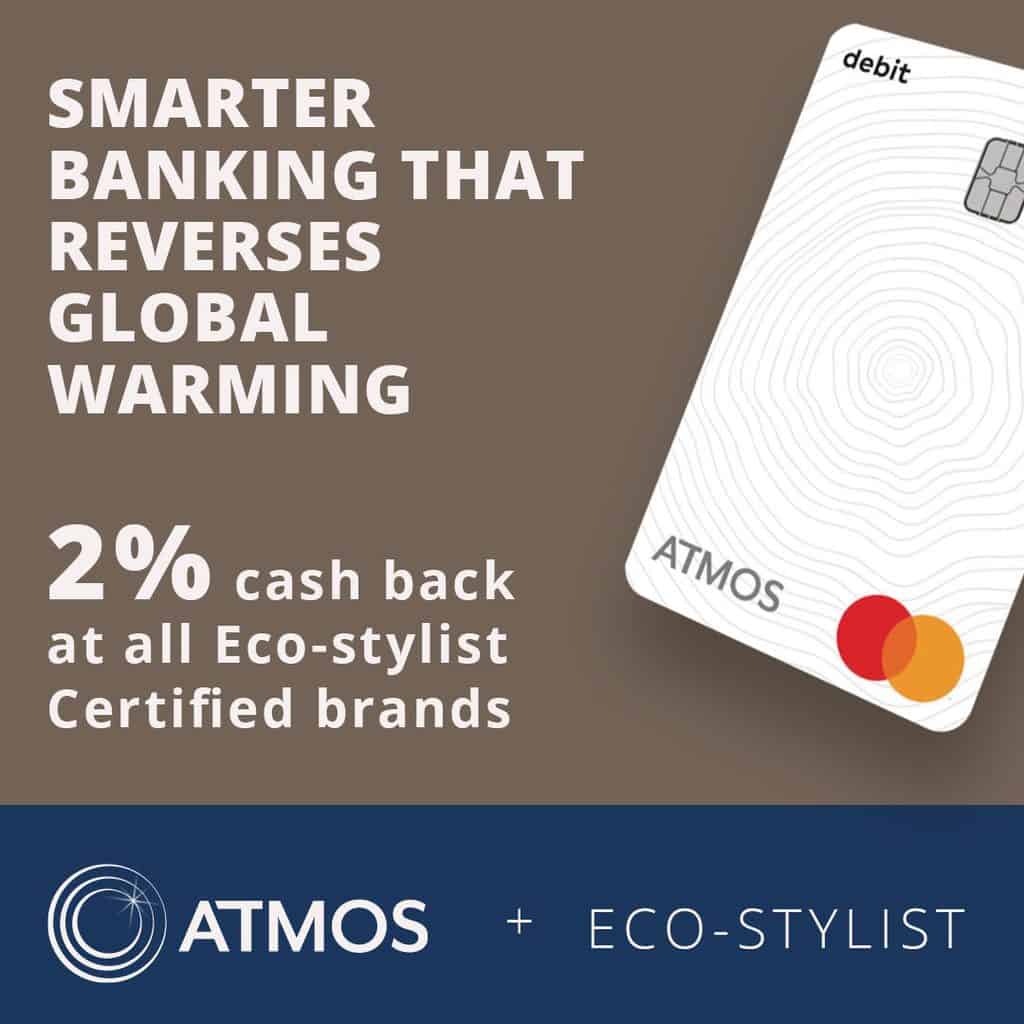
What is Princess Polly?
Princess Polly is an Australian so-called ‘online fashion boutique’ that prides itself on its ‘obsession with bringing the latest looks to everyday trendsetters [that] goes way back to 2010.’ They sell a wide range of women’s clothing, from daily basics to swimwear and prom dresses too, they seem to sell just about everything you can think of. They assert themselves as being invested in protecting the planet, but we decided to investigate exactly how much truth there is to this claim, and whether you should trust them.
Is Princess Polly Fast Fashion?
Without a doubt, Princess Polly is fast fashion. Their business model is built upon making trendy clothes that are produced quickly in mass quantities. However, taking a look at their website, it seems as though they’re reluctant to admit that that’s what they really are!
They admit that their focus is on bringing the latest styles to their customers, but claim that ‘our mission is to make on-trend fashion sustainable.’ This is a problematic, and almost laughable, statement. Fast fashion, with its ever-changing styles which result in the overproduction of many cheap, low-quality throwaway items, is at its heart unsustainable.
It seems like Princess Polly needs to take a side and stick with it!
Is Princess Polly Sustainable?
Here are a few of the key aspects of their environmental impact.

What Materials Does Princess Polly Use?
Princess Polly may at first glance seem as though it’s making some well intentioned changes to the materials they use. However, when you take a deeper dive into their goals and the statistics they use to direct these aims, it isn’t as clear how widely these changes are being made.
Their website states that:
“Currently, 30% of our new arrivals are made with a lower environmental impact. By 2025, 60% of our range will be sustainably made, and 100% as soon as possible.”
The statistic used here of a third of new arrivals is meaningless without the context of what percentage this is of their entire stock. My question to Princess Polly would be, if you’re serious about using lower impact materials then why are 100% of your new arrivals using these? To start by changing all new arrivals would be the easiest way to ensure a sustainable future for the company and its clothes.
Their final goal, to be 100% lower impact as soon as possible, is vague. Without a clear time frame it’s going to be hard to achieve real change, and stops them having any accountability if they don’t achieve this goal.
They do also run a lower impact range, but as we’ve discussed many times before, this is a big red warning sign! It’s a classic green washing technique that shows a company’s capability to change, but their reluctance to commit to it on a big scale across their business.

Is Princess Polly Carbon Neutral?
By 2030, this fast fashion company wants to achieve carbon neutrality. They seem to be on track for this goal and have made efforts to reduce the carbon footprint of their products. They plan to then offset all remaining emissions.
It’s good to see that this goal is on track, with a realistic date in the foreseeable future!
Does Princess Polly Have a Clothing Recycling Program?
No. Princess Polly has no recycling or repair programs for their clothes. Their sustainability roadmaps make no mention of developing either of these.
This makes us think that Princess Polly has little interest in making clothes that last a long time and are more interested in following the newest trends than creating high quality, durable designs that can be resold and repaired.
Is Princess Polly Ethical?
Let’s look through various details of their social impact and try to get a clearer picture.
Where are Princess Polly Clothes Made?

Princess Polly unfortunately subcontracts their labour. When companies do this, it limits their control over the conditions that their clothing makers are working in, and whilst Princess Polly is doing some things right when it comes to ensuring fair labour, this is an example of how they aren’t quite doing enough.
The positives are that they do publish their factory list, which details factory addresses, statistics regarding gender and migrant status of workers, and the dates of the most recent audits of the facilities. All their factories are audited in what they term a ‘valid ethical manufacturing audit’, and tier one and two factories have been ‘traced’ but when we take a closer look at tier two to five factories, the statistics they have are quite vague with little information available about this auditing.
Is Princess Polly Vegan and Cruelty-Free?
According to Princess Polly’s website:
“Currently, less than 1% of Princess Polly’s products are derived from animal products, and by 2024 we will be a completely vegan business! We’re proud of our vegan edit, where all the Princess Polly products are Peta-Approved Vegan.”
This is a great objective that we’re happy to see! However, we are now in 2024 and there’s no official update on their site as to whether this goal to eliminate all animal-derived materials has been achieved, hopefully there will be soon.
The better news is that they do also have a policy aligned with the Five Freedoms of animal welfare by the Farm Animal Welfare Council so the remaining one percent that isn’t currently vegan is still being produced more ethically.
Princess Polly’s Sustainability Rating

For all brands that we research, we use a rating system that allows us to compare each company, their policies, actions, and transparency so that we can give you the most accurate presentation of the facts and statistics. This is great because it means that you can be sure when you’re looking for new clothes that you’re choosing the most eco-friendly and ethical brands to shop with.
Let’s see how Princess Polly has fared:
Transparency 5/14
This fast fashion brand is doing a few things right, but there’s definitely a lot of room for improvement. As already discussed, they are publishing some information such as their factory lists, statistics surrounding audits, and gender representation in their factories.
The company, however, doesn’t appear to adequately address the risks related to their subcontracting work, and while they’ve made a good start in publishing information about their tier one factories they leave a lot unsaid and appear to only focus on the positives on their website.
Princess Polly is not Fair Trade certified, and they are quite vague about the wages their clothes makers receive and how the company ensures fair wages, making it difficult to ascertain how well their workers are actually being treated. This lack of transparency is really disappointing from a company that professes to be a sustainable and ethical option on their website.
Fair Labor 6/33

The lack of commitment to paying their clothes makers a living wage is worrying. It’s not in their ethical sourcing roadmap and the only allusion we could find to the issue is a vague mention on their website:
“We acknowledge that this is one of the foremost challenges of the fashion industry, and are committed to playing our role in the advancement of this discussion and promoting conditions within our supply chain that make it possible for every worker to receive a living wage.”
This fails to address how they play any active role in improving conditions, or provide any tangible evidence of how they aim to accomplish their aims.
One positive is that the company does take some action to address human rights and labour risks in its supply chain, with a clear human rights policy that their facilities must adhere to. They also use worker surveys to ensure their workers have a voice. Come on Princess Polly, we want to see more of this!
Sustainably Made 8/49
As mentioned previously, Princess Polly runs a lower impact range which claims to be more eco-friendly, using lower impact materials including organic and recycled fabrics. This is a slight alarm bell for us; often companies use a eco-friendly range in a greenwashing attempt to appear more environmentally friendly than they actually are. We’ve seen it with many high profile companies, such as Skims most recently. It allows them to make claims of positive environmental practices without actually making many meaningful changes to the infrastructure of their business model.
However, it isn’t all bad; Princess Polly says in their 2023 Impact Report that they would like to achieve net zero emissions by 2050. They are currently in line with this aim, and hopefully in the near future they’ll be able to surpass it.
We’re also glad to see that they are making an attempt to reduce landfill waste with their packaging! Since 2020 they’ve been using compostable packaging, and then in 2021 began using completely recycled content packaging.
Diversity, Equity, and Inclusion 1/4
Princess Polly doesn’t publicly share their diversity statistics for the full supply chain. Their leadership team doesn’t meet our diversity standards, with few people of colour being employed in senior levels at the company. However, they are an EOE (Equal opportunity employer) which is a good start to ensure inclusivity and diversity in their work force more generally.
Our Principles: Fast Fashion, Inspire, Trust -45
Princess Polly is a fast fashion brand that we feel we cannot trust. Their low impact range, their vague references to a living wage, and their lack of meaningful action means that they don’t inspire us. They failed on all 3 of our principles and this took their score down further.
Princess Polly Overall Score: -25/100
Whilst they’re not the worst brand out there, I think it’s fair to say Princess Polly has a lot to be working on before we can call them a sustainable, ethical brand. We’d love to see them continuing to improve their environmental impact, but to make any real lasting change will require them changing their business model to move away from fast fashion.
Ethical and Sustainable Alternatives to Princess Polly
If, like us, you haven’t been inspired by Princess Polly’s sustainability claims, then here are three brands that you can trust.
1) Outerknown

Outerknown is gold rated by Eco-Stylist! It’s a brand that prioritises ethical and sustainable practices while still offering a great selection of basics to holiday pieces for both men and women. This brand uses 95% preferred fabrics in their products, which means they almost exclusively use lower-impact materials that are better for the environment.
They also have a pre owned program where you can buy or sell preloved Outerknown items, making them a great affordable option, and reducing landfill waste at the same time!
2) Whimsy + Row

Whimsy + Row is a company offering a wide range of everyday and event wear. Their trendy clothing is a great example of how sustainable fashion can still feel modern and elegant.
This brand runs their business with sustainability in mind. It produces locally to reduce CO2 emissions and protect workers in its supply chain, as well as using a waitlist model to combat overproduction.
3) Scotch & Soda

Another brand to look out for is Scotch & Soda, with their great range of womenswear, menswear, and kidswear. They aim to reflect styles and vibes of their home city of Amsterdam, and say they are inspired by the individuality of its residents.
Scotch & Soda are doing lots of great things to ensure they are environmentally friendly and socially responsible! Make sure to check out Scotch Select, which is a rental program which allows you to rent three items at a time, so you can switch up your wardrobe in a way that’s great for people and the planet.
Still looking for more ethical, environmentally friendly brands?
Eco-stylist has researched and rated over a hundred clothing companies to ensure they’re brands that you can trust so that you can look good without feeling guilty. Check out our shop to discover everything you need!

Ellie recently graduated from University of Sheffield after studying English Literature. She loves all things related to books and writing, as well as being interested in fashion and art.










